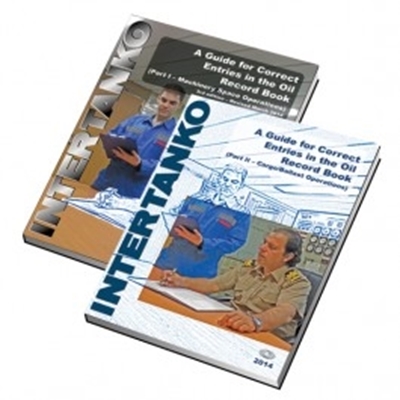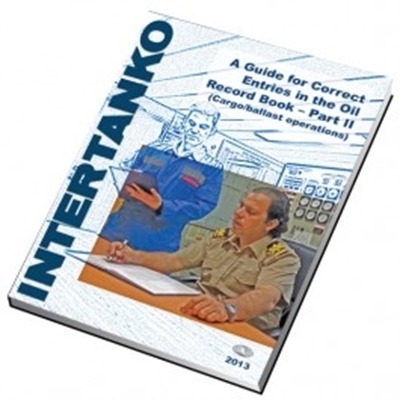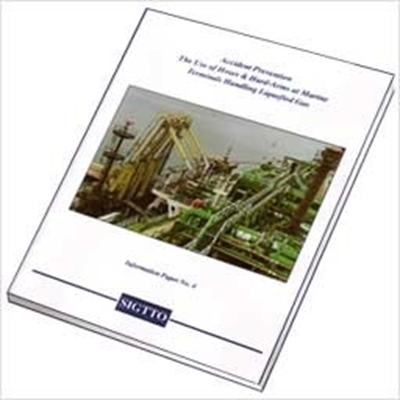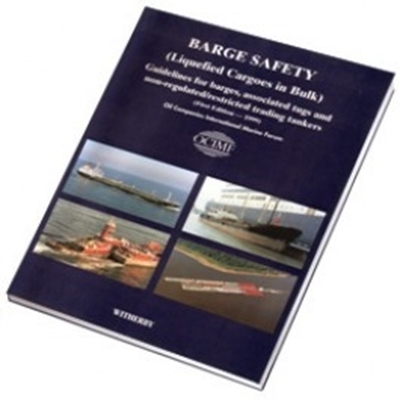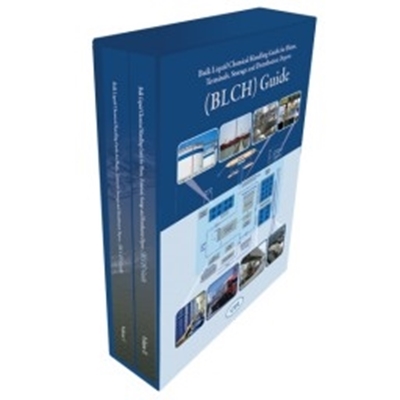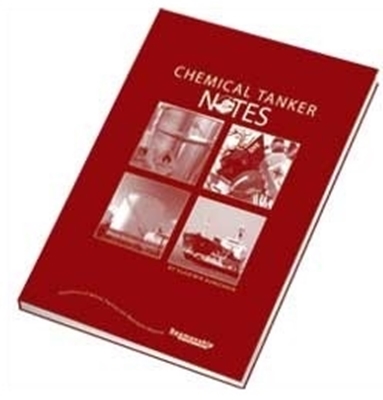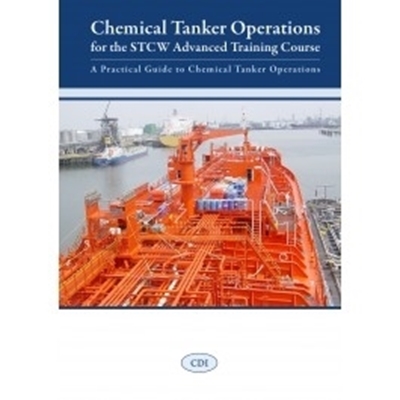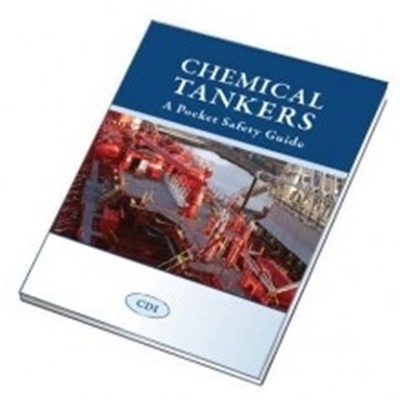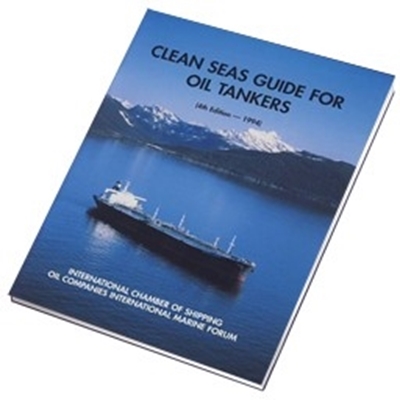Close
- Cartas e Publicações
-
Indústria Naval

-
Náutica

-
Indústria Terrestre

-
Equipamentos p/ portos
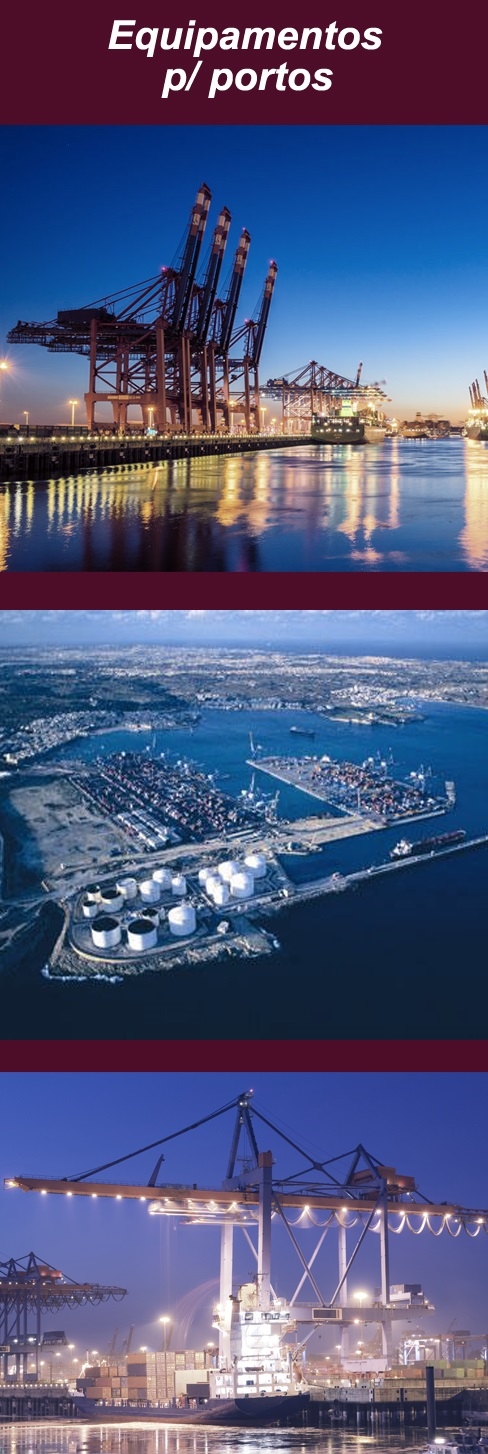
- Proteção Covid-19
- Sobre Nós
- Novidades
- Marcas
- Contactos
- Serviços
- Catálogos
Menu
(0)
items
You have no items in your shopping cart.
Catálogo
Menu
Carrinho de Compras
Filters
Personal menu
Preferencias
Procurar
- Home /
- Cartas e Publicações /
- Publicações /
- Tankers - Chemical, Oil / Petroleum, LPG / LNG /
- Application of Amendments to Gas Carrier Codes Concerning Type C
Produtos Relacionados
-
A Guide for Correct Entries in the Oil Record Book Part I & II
Solicitar Preço -
A Guide for Correct Entries in the Oil Record Book VOL I
Solicitar Preço -
A Guide for Correct Entries in the Oil Record Book VOL II
Solicitar Preço -
Accident Prevention (IP no.4) The Use of Hoses and Hard-Arms
Solicitar Preço -
Barge Safety (Liquefied Cargoes in Bulk)
Solicitar Preço -
Bulk Liquid Chemical Handling Guide for Plants, Terminals, Stora
Solicitar Preço -
Chemical Tanker Notes, 2006
Solicitar Preço -
Chemical Tanker Operations for the STCW Advanced Training Course
Solicitar Preço -
Chemical Tankers, A Pocket Safety Guide, 2013
Solicitar Preço -
Clean Seas Guide for Oil Tankers, 4th Edition 1994
Solicitar Preço
Apoio ao Cliente
Área Reservada
Contactos
- Praceta Augusto Dias Silva, 94 2B 2785-521 Sao Domingos de Rana
- info@jgarraio.pt
- Tel.: +351 213 473 081

Copyright © 2024 JGARRAIO. Todos os direitos reservados.
As fotos apresentadas podem não corresponder as configurações descritas.
Preços e especificações sujeitos a alteração sem aviso prévio.
A J. Garraio declina qualquer responsabilidade por eventuais erros publicados no site.
As fotos apresentadas podem não corresponder as configurações descritas.
Preços e especificações sujeitos a alteração sem aviso prévio.
A J. Garraio declina qualquer responsabilidade por eventuais erros publicados no site.
Todos os preços incluem IVA. Exclui o valor dos portes de envio.
Powered by nopCommerce
Desenvolvido pela Agência PRIMEWAY - Plataformas Digitais • Design • Marketing Digital
